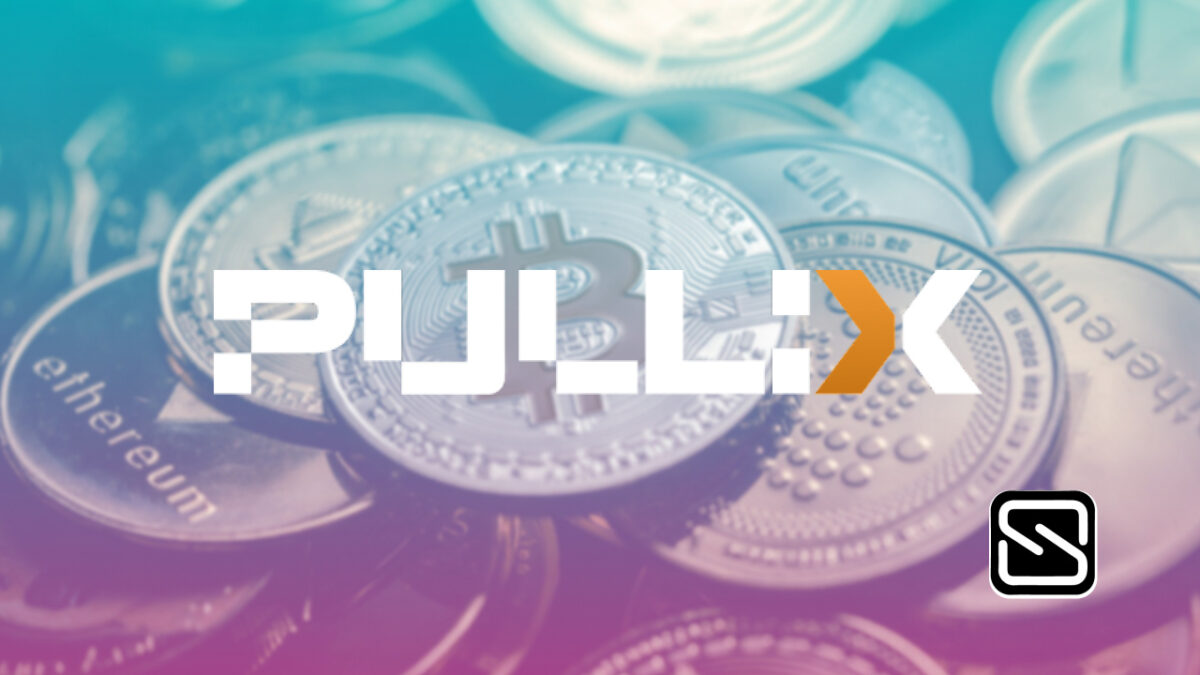FIFA, the global authority overseeing soccer, is gearing up to introduce its inaugural collection of non-fungible tokens (NFTs) in collaboration with blockchain company Modex, ahead of the 2023 Club World Cup slated in Saudi Arabia.
As per FIFA’s announcement on its official website, a premiere assortment of 100 NFTs is scheduled for debut on December 15. These exclusive tokens will grant lucky recipients the chance to secure tickets to the climactic event of the FIFA World Cup in 2026.
Additionally, a batch of 900 digital collectibles is slated for release on the Polygon network and OpenSea by December 2023. This collection will encapsulate memorable moments from the ongoing tournament and digital renditions of memorabilia.
The avenue to access these NFTs will be through FIFA’s dedicated platform, FIFA+ Collect, which was inaugurated in September 2022, operating on Algorand’s technology.
Romy Gai, FIFA’s Chief Business Officer, expressed enthusiasm about the collaboration with Modex, stating, “We are thrilled to embark on this groundbreaking journey with Modex and elevate the FIFA+ Collect platform to greater heights. Since its launch, the platform has garnered immense popularity globally, offering football enthusiasts worldwide the chance to own a piece of football history.”
The upcoming launches, both in 2023 and beyond, aim to provide football aficionados with a distinctive and innovative avenue to engage with the sport while contributing to the burgeoning digital collectibles market.
Since its inception, the FIFA+ Collect platform has hosted 11 NFT drops, resulting in the creation of 909,255 digital collectibles held by 16,448 owners. The platform has also witnessed a combined trading volume of $2.4 million across primary and secondary NFT markets.
Francesco Abbate, CEO of Modex, expressed pride in supporting FIFA’s endeavor, stating, “Digital collectibles broaden the spectrum through which fans can engage with their beloved players, teams, and the game itself, and we’re honored to aid FIFA in achieving this vision.”
The FIFA Club World Cup, which kicked off in Jeddah, Saudi Arabia, on December 12, 2023, will showcase seven of the world’s premier football clubs, including Egypt’s Al Ahly representing Africa.









